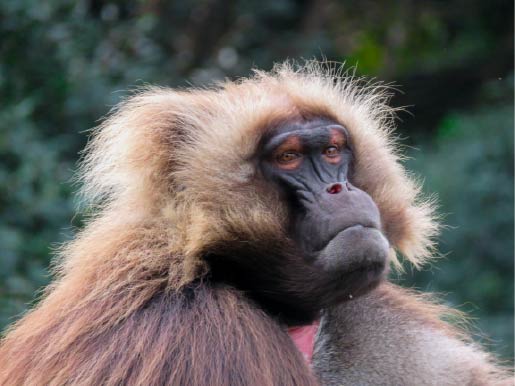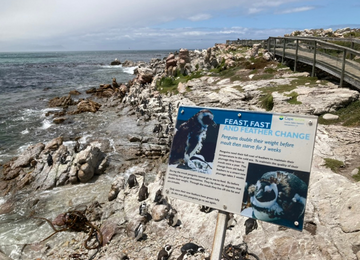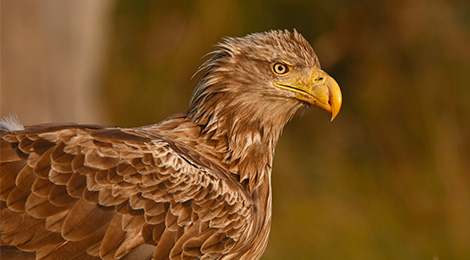I make good company.
At PAL, I live with Aravis, a 3-year-old male born at Eindhoven Zoo in the Netherlands.
I eat beef, chicken, fruit, and vegetables. Like many carnivores, I don’t need to eat every day, which is why the keepers have us fast three times a week.
The keepers visit us regularly to make sure we’re doing well and that the enclosure is safe.
To allow both of us to freely express our most instinctive behaviors in our new natural space—our enclosure—the keepers minimize interaction with us as much as possible. No sudden disturbances during a nap, a play session, or a moment of social bonding between us. This builds real trust and encourages our personal development and the expression of natural behaviors.
I’m good company: playful, easygoing, pleasant, and I’ve helped Aravis adjust to our new living space. He seemed more timid and reserved than I was when we arrived. The keepers are already saying I seem “very intelligent”—how lucky I am!
The wolf lives in a pack, led by a dominant pair. The size of the pack varies depending on the territory, the season, and the abundance of prey. The dominant pair orchestrates the life of the pack. They are the only ones to reproduce, but all members of the pack help care for the pups.
The dominant female gives birth to 2 to 5 pups in a den she has built herself. From around 2 months of age, the pups begin to eat meat and can be placed under the watch of another adult or subadult in the pack who has volunteered and been approved by the dominant pair to act as a "nanny" for the litter.
The wolf is persecuted due to its bad reputation and the image created by humans (fairy tales, folk legends, etc.). It is hunted—both legally and illegally—in many countries for its fur and to protect domestic livestock.

The European wolf (Canis lupus lupus) has been a protected species at the international, European, and French levels since the 1990s. Like all large carnivores, the wolf is listed on the IUCN Red List of Threatened Species (International Union for Conservation of Nature). Le PAL participates in an EEP (European Breeding Program) to work on the conservation of this species.
Missions, actions, projects, partners, theme days ... Discover the latest news from The Le PAL Nature Foundation.
All the news-
![]()
-
![]() Let's help the Cape Penguins!Faced with an alarming decline, the African penguin is listed as an endangered species. SANCCOB, a project of the Le PAL Nature Foundation, has been committed for years to its protection and conservation.
Let's help the Cape Penguins!Faced with an alarming decline, the African penguin is listed as an endangered species. SANCCOB, a project of the Le PAL Nature Foundation, has been committed for years to its protection and conservation. -
![]() Little eaglet will become bigIn France, the white-tailed eagle nests on a solid tree in a quiet wood, sheltered from disturbance. The nest is refilled each year at the end of winter, the male bringing most of the materials while the female arranges the nest.
Little eaglet will become bigIn France, the white-tailed eagle nests on a solid tree in a quiet wood, sheltered from disturbance. The nest is refilled each year at the end of winter, the male bringing most of the materials while the female arranges the nest.








